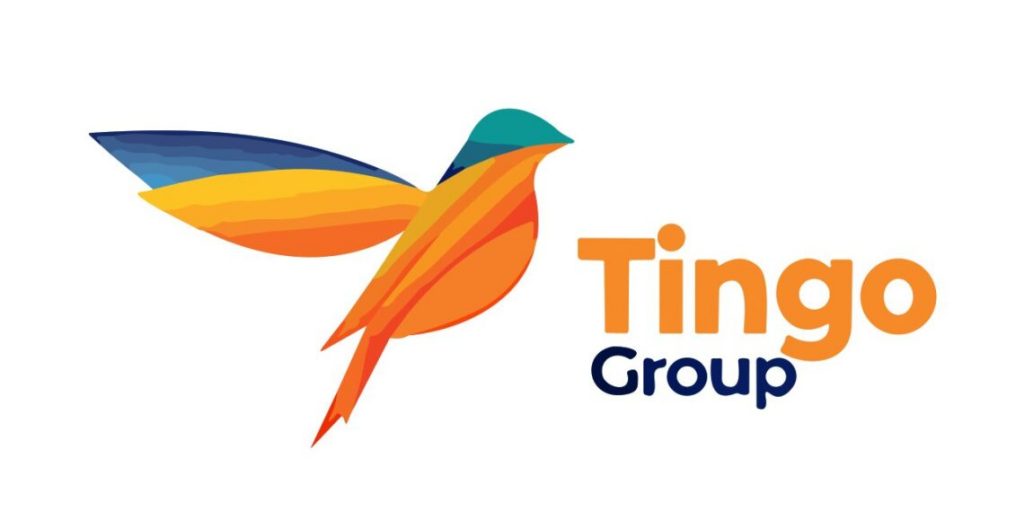A Nigerian businessman formed the Tingo network of fintech companies in New Jersey. On Tuesday, Hindenburg Research launched a barrage of criticisms of Tingo’s market value.
The short-seller’s charges, which included deception, tax evasion, and accounting fraud, caused investors’ confidence to plummet and the share price of Tingo Group to drop by around half on Nasdaq.
Hindenburg claimed on its website that it learned that the creator, Dozy Mmobuosi, had lied about having a PhD in rural development from a Malaysian university in 2007 after the institution claimed that no such name appears in their records.
The parent firm of Tingo, Tingo International Holdings, is led by the 43-year-old as its CEO.
“In 2019, Dozy claimed to have launched “Tingo Airlines” and posted social media messages encouraging customers to “fly with Tingo Airlines today,” Hindenburg said.
“Media outlets later uncovered that Tingo had photoshopped its logo onto pictures of airplanes. Dozy later admitted to never owning any actual aircraft.”
Mr. Mbobuosi was arrested in 2017 as a result of an eight-count accusation from the Economic and Financial Crimes Commission that focused on the issuing of bogus checks, but arbitration eventually ended the case.
Tingo Group is the fourth company the short-selling business has targeted this year after exposing Adani Group’s abuse of offshore tax havens, which resulted in a $100 billion valuation reduction for the latter.
After Hindenburg presented evidence that Icahn Enterprises, a conglomerate of seven businesses, had overvalued its shares and relied on a “Ponzi-like” structure to pay dividends, the company lost 20% of its market capitalization.
In March, Hindenburg targeted Block Inc, a payments startup run by Jack Dorsey, a co-founder of Twitter, with the goal of exposing the organization’s deceptive user growth and underreported client acquisition costs.
“The report represents their own opinion and is designed to benefit a short position taken by them and their associates from which they stand to realize sizable gains,” Tingo Group said of the Hindenburg statement, dismissing the almost 30 allegations as false.
Tingo, a company founded in 2001, claims its goal is to bring mobile technology solutions to rural Nigeria.
After Sheffield United won promotion to the English Premier League in April, Mr. Mmobuosi put forward a bid of £150 million to purchase the team. If this transaction had gone through, he would have become the first black person to buy a team in the Premier League.
That is at variance with his disclosure to CNN during a February interview when he claimed to have already “made a deposit” as a gesture of seriousness to buy the club.
According to Reuters, Tingo is the fourth stock Hindenburg plans to target this year. The other three stocks are the Adani Group of India, Block Inc., which is run by Twitter co-founder Jack Dorsey, and Icahn Enterprises, which is the largest of American investor Carl Icahn’s seven companies.
The value of Gautam Adani’s enterprise, Adani Group, which was revealed by Hindenburg to have been using offshore tax havens improperly, dropped by $100 billion at the beginning of May. Adani is the 24th richest person in the world according to Forbes.
Icahn Enterprises lost 20% of its market value earlier in January as a result of Hindenburg’s disclosure of schemes at the company that overvalued its shares and the company’s reliance on a “Ponzi-like” structure to pay dividends to stockholders.
By issuing explosive business reports and shorting the stocks of the firms linked to them, Hindenburg established a reputation for itself.
Typically, short-sellers borrow stocks from their brokerage company with the intention of selling them when their prices drop, buying them back at a discount, and then profiting through speculation.

